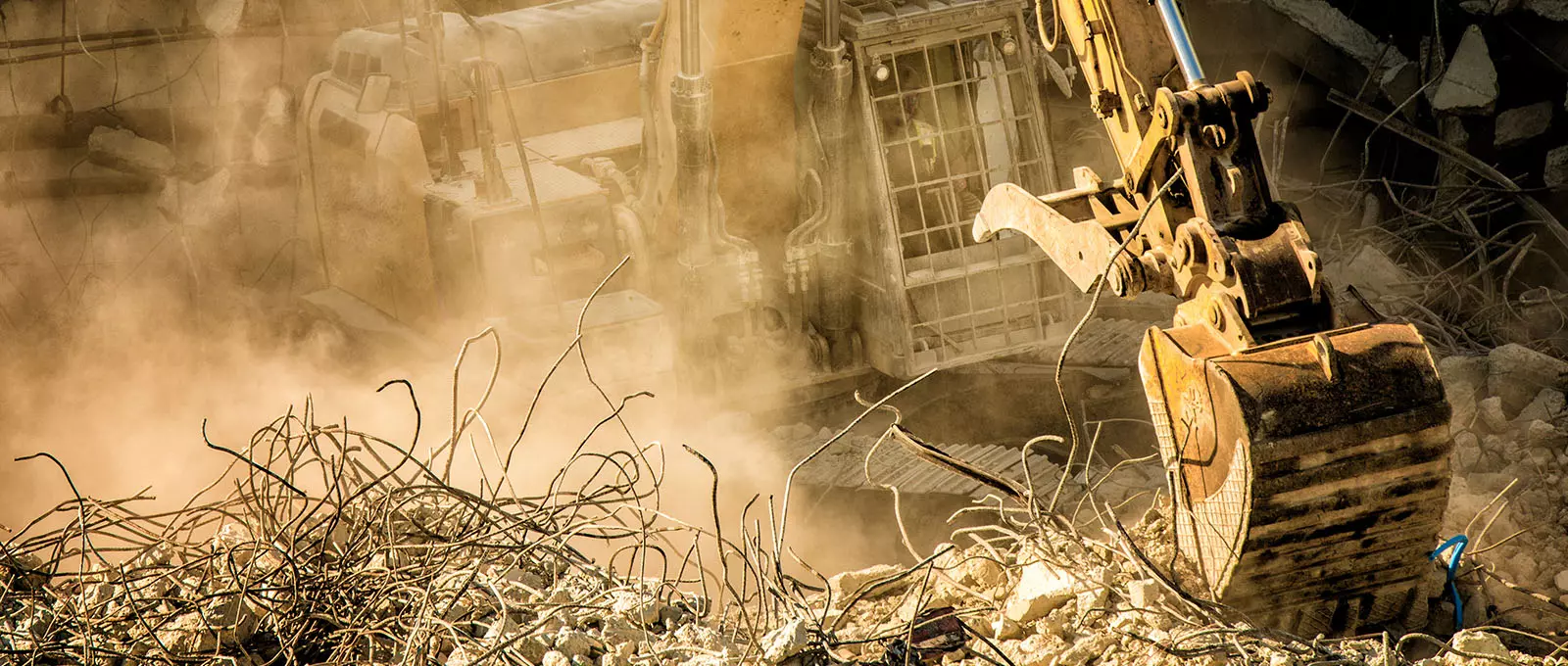Some industries, such as oil and gas exploration and processing, construction, warehousing, manufacturing, and metalworking, routinely use heavy machines to carry out their day-to-day activities. The sheer size of some of these machines and the kind of tasks they perform can make them dangerous. A minor error or a momentarily distracted heavy equipment operator can cause heavy machinery accidents that are often catastrophic to the workers and even passersby.
If you work in an industry with lots of heavy machines, there is a risk that you could be involved in a heavy machinery accident. If you have been involved in one and sustained a serious injury, contact us to evaluate whether you can recover compensation for your injuries.
The Top 4 Causes Behind Most Heavy Machinery Accidents
While there are several causes of heavy machinery accidents, here are four common ones:
1. Inadequate Training or Experience
Inadequate training and lack of experience are leading causes of heavy machinery accidents. Employers have an obligation to train heavy machine operators on how to use the machines and test their ability to do so before allowing them to use them.
The training should also happen whenever there is a new machine and when a worker has not used the machine for a while. It should also extend to workers that assist the operators and those that clean and maintain the machines.
Any failure to ensure that workers that work with or on the machines know how to use them and the safeguards that are in place to prevent injuries can result in heavy machinery accidents.
2. Inadequate Maintenance of Machinery
Heavy machines have several moving parts that should be routinely checked and maintained. Inadequate maintenance can result in machine malfunction, which may appear small but can cause accidents resulting in severe injuries.
Standard maintenance of heavy machines may include checking the tires, gears, oil, filters, and hydraulic pump. If machines are properly checked, you can discover issues you can fix that may have resulted in an accident later.
When employers don’t have a culture of maintaining their heavy machines, they put their workers at risk of injury. If accidents occur, they can be held responsible for the injuries.
3. Lack of Safety Equipment
Working with heavy machines put workers in harm's way, and providing them with adequate safety equipment can help to protect them from injuries. The personal protective equipment (PPE) a worker needs depends on the machines they work with and the work environment. The basics include boots, gloves, safety glasses, hard hats, and protective earwear.
Safeguards may also include installing safety controls on heavy equipment to address identified hazards. For instance, many items of equipment used in construction sites are prone to rollover due to the uneven landscape. Providing a seatbelt and a rollover protective structure can help protect the worker if the equipment rolls over. Any lack of any of this safety equipment can lead to injuries.
4. Worker Fatigue
Worker fatigue is another leading cause of workplace accidents. Handling heavy machines is mentally and physically demanding. Heavy equipment operators need adequate rest and break to work optimally.
A tired worker may have reduced safety risk perception, reduced hazard recognition, trouble concentrating, reduced response time, decreased alertness, and impaired body movement. Handling or working around heavy equipment in any of these conditions can lead to a mistake that may cause an accident.
Worker fatigue can be caused by overtime, irregular shifts, lack of adequate work breaks, and night work. If you’re injured in a heavy machinery accident caused by worker fatigue, you can hold the employer responsible.
Common Catastrophic Injuries Caused by Heavy Machinery Accidents
Heavy equipment accidents, whether it’s a struck-by accident, fall accident, electrocution, or caught-between accident, can cause several common injuries, including:
- Loss of limb or body part
- Burns and scarring
- Broken bones and fractures
- Back and spinal cord injuries
- Soft tissue damage
- Back sprains
- Herniated disks
- Damaged nerves, tendons, and muscles
- Eye/vision loss
- Traumatic brain injuries
- Death
How the Compensation Process Works
If you were injured in a heavy machinery accident or construction zone accident, you may be entitled to recover compensation via a personal injury lawsuit.
Workers' compensation is insurance employers purchase to provide monetary compensation to their employees when they are injured in a work-related accident. Every state in the U.S., apart from Texas, mandates all employers to have workers’ compensation coverage.
A workers' compensation claim can help you recover damages to cover medical bills and lost wages. If your employer does not have workers’ compensation coverage, you can file a personal injury lawsuit against them.
Get Expert Help With Your Personal Injury Lawsuit
Heavy machinery accidents can cause debilitating injuries. Extreme cases of heavy machinery fatal accidents can even result in death. If you have been injured in a heavy machinery accident or lost a loved one, you may be entitled to recover compensation from those whose faults caused your injury.
An experienced personal injury lawyer can help you file a personal injury lawsuit to recover compensation for any heavy equipment injury. The compensation can cover medical bills, the cost of medical devices, lost wages, reduced or loss of earning capacity, and pain and suffering.
The personal injury attorneys at Dunn Sheehan LLP can help you file a personal injury lawsuit. Contact us today to find out the next steps.
